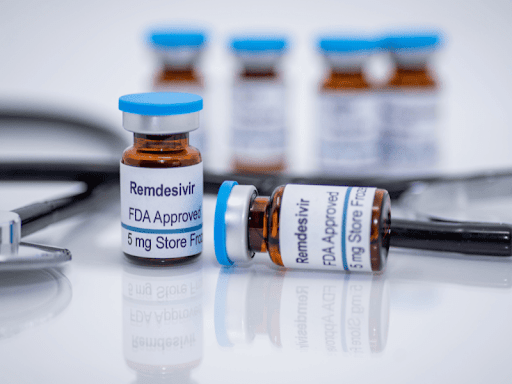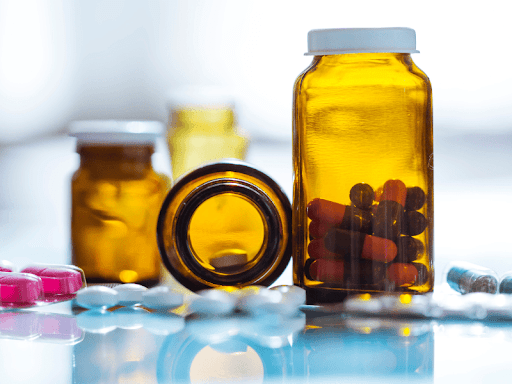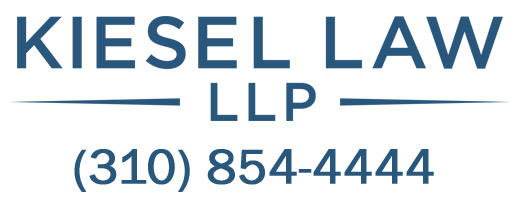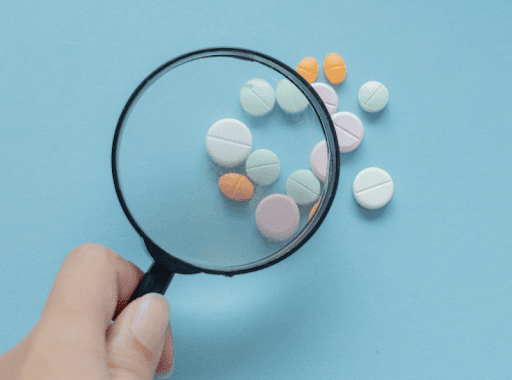FDA Regulations and Drug Safety: Holding Pharmaceutical Companies Accountable
In the US, drug safety regulations are overseen by the Food and Drug Administration (FDA), which plays a crucial role in ensuring the safety and effectiveness of pharmaceutical drugs. The FDA’s regulatory framework is designed to protect consumers from harmful or defective products. But that doesn’t mean it’s enough.
Sometimes, manufacturers and distributors violate FDA drug regulations, either intentionally or through negligence. When that happens, people can get hurt, not just physically but also emotionally and financially. That’s where Kiesel Law comes in.
At Kiesel Law, we believe in the importance of holding pharmaceutical companies accountable. We’ve helped countless plaintiffs achieve positive outcomes through pharmaceutical liability claims. If you have suffered damages due to harmful or defective drug products, we can help you receive just compensation. Contact us today.
FDA Regulations for Drug Safety
When pursuing a pharmaceutical liability claim, understanding what kind of FDA regulations are in place and how they work is often crucial. That said, proving a violation of drug safety regulations isn’t a prerequisite for proving negligence and/or harm. Pharmaceutical companies can still be held accountable even if they aren’t shown to have violated the below-described FDA drug regulations.

1. Drug Approval Process
Before any pharmaceutical drug can reach the market, it undergoes an approval process with the FDA. Key steps of this process include:
- Preclinical Testing: Drug manufacturers conduct laboratory and animal studies to assess a drug’s safety and effectiveness.
- Investigational New Drug (IND) Application: Manufacturers submit an IND application to the FDA, detailing the results of preclinical testing and plans for human trials.
- Clinical Trials: Human clinical trials are conducted in phases to evaluate a drug’s safety and efficacy in larger populations. The FDA closely monitors these trials.
- New Drug Application (NDA): If clinical trials are successful, manufacturers submit an NDA to the FDA, providing data on the drug’s safety and effectiveness.
- FDA Review: The FDA reviews the NDA and approves the drug if it meets safety and efficacy standards.
2. Post-Market Surveillance
Once a drug is approved and available to the public, the FDA continues to monitor its safety through post-market surveillance:
- Adverse Event Reporting: Drug companies, healthcare professionals, and consumers are encouraged to report adverse events and side effects associated with drugs. The FDA maintains the Adverse Event Reporting System (FAERS) to track and investigate these reports.
- Risk Evaluation and Mitigation Strategies (REMS): In some cases, the FDA may require drug manufacturers to implement REMS to ensure the safe use of a drug. This can include restricted distribution or additional monitoring.
3. Labeling and Packaging Regulations
FDA drug regulations require pharmaceutical labeling and packaging to provide consumers and healthcare professionals with essential information about the drug’s use, potential side effects, and dosing instructions. Labeling must be clear, accurate, and up-to-date.
4. Good Manufacturing Practices (GMP)
Drug manufacturers are required to adhere to GMP regulations, which govern the design, monitoring, and control of manufacturing processes to ensure product quality and safety.
Holding Drug Companies Legally Accountable
FDA regulations aren’t always sufficient to protect consumers from harmful and defective pharmaceuticals. Fortunately, consumers have their own legal options for holding drug companies accountable for harmful or defective products:

1. Product Liability Lawsuits
- Defective Products: If a pharmaceutical drug is found to be defective or dangerous due to design flaws, manufacturing errors, or inadequate warnings, consumers can file a product liability lawsuit.
- Failure to Warn: Manufacturers have a duty to warn consumers and healthcare professionals about known risks associated with their products. If they fail to do so, it can lead to liability claims.
2. Multidistrict Litigation (MDL) and Class Actions
- MDL: When multiple individuals file lawsuits against the same drug manufacturer for similar injuries, the cases may be consolidated into an MDL. This streamlines the legal process and allows for more efficient handling of similar claims.
- Class Actions: In some cases, consumers may pursue class action lawsuits against drug companies when numerous individuals have suffered similar harm due to a drug’s defects or side effects.
3. Negligence Claims
- Negligence: Consumers may file negligence claims against drug companies if they can demonstrate that the manufacturer’s actions, such as inadequate testing or misleading marketing, led to their injuries.
4. Mass Tort Litigation
- Mass Torts: Mass tort litigation involves numerous plaintiffs with similar claims against a drug manufacturer. These cases are typically consolidated for more efficient legal proceedings.
5. Consultation with an Attorney
- Legal Counsel: Consumers who believe they may have suffered harm due to a pharmaceutical drug should consult with an experienced Kiesel Law attorney right away. Our lawyers have specialized knowledge and experience in product liability and pharmaceutical litigation. We can assess your case, help you gather evidence, and provide guidance on the best legal course of action.
Hold Drug Companies Accountable with Kiesel Law
The FDA is an important ally when it comes to holding pharmaceutical companies accountable, but it isn’t perfect. That’s why it’s essential for consumers to be aware of their rights and options when it comes to pursuing legal action. Whether a company has violated FDA regulations or not, you may be entitled to compensation. Contact us today to learn more.


